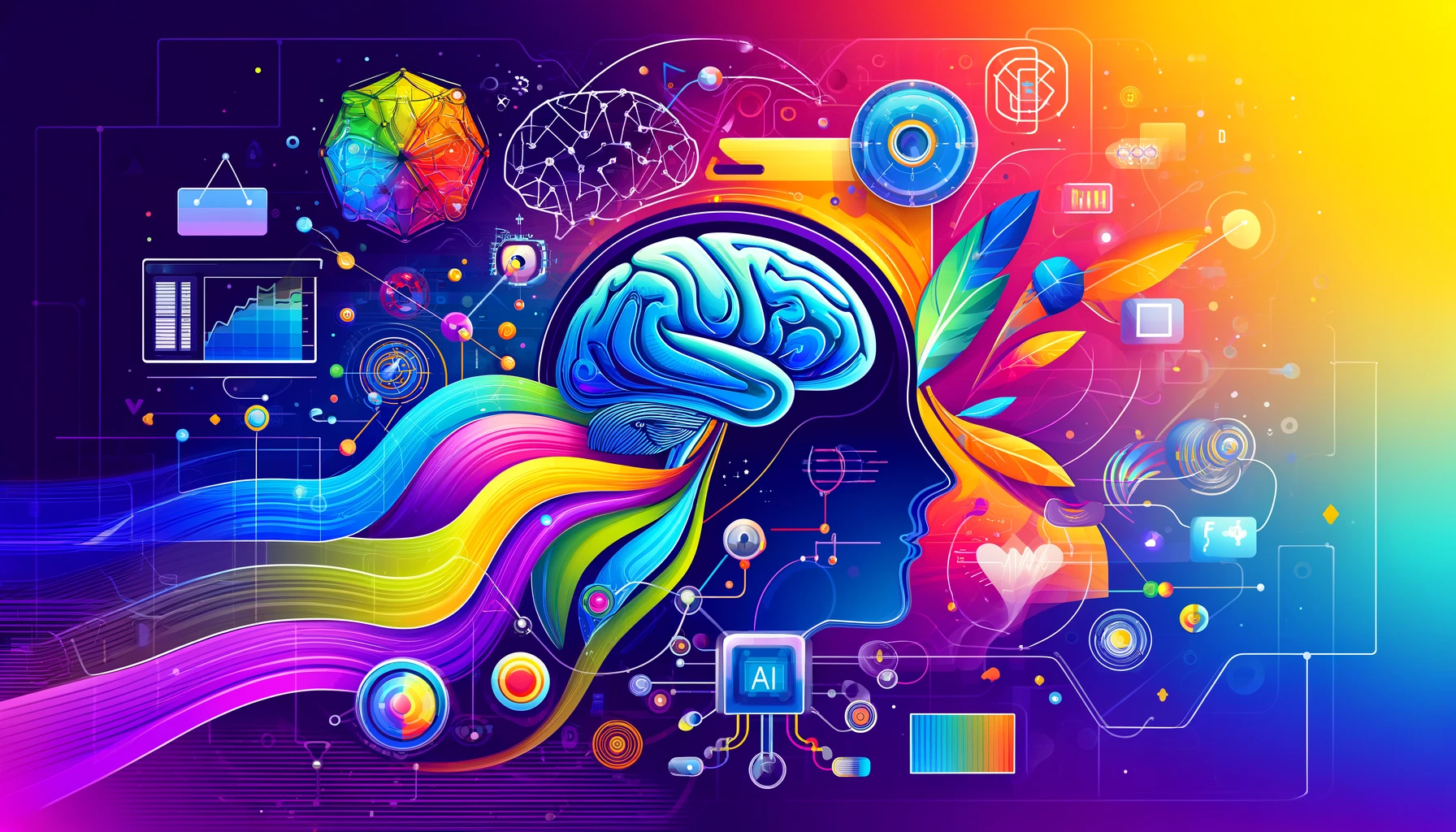
In a recent presentation at a Berggruen Salon event in Los Angeles, Kevin Scott, Chief Technology Officer at Microsoft, discussed the promising advancements in generative AI. Scott highlighted how these systems are on the brink of possessing the capabilities needed to pass Ph.D.-level examinations, signifying a monumental leap in AI development.
Historically, AI systems have been limited by episodic memory, capable of handling tasks in isolation but unable to retain information over time. Scott elaborated on this limitation, stating, “You have a transaction, and you do a thing. It is useful or not for whatever task you were doing, and then it forgets all about it.” This has made AI interactions more mechanical and less intuitive, as AI cannot recall past interactions or build on previous conversations.
However, the landscape is changing. Scott is optimistic about the shift toward AI systems equipped with durable, persistent memories. Such systems would be able to remember user preferences, past interactions, and even project ideas, making AI interactions more akin to human-like conversations that span multiple sessions.
A testament to these advancements is OpenAI’s recent implementation of a persistent memory system. Since February, this feature has been tested by a select group of both free and Plus subscription users. The key functionalities include:
- Recall of User Preferences: AI can remember the tone, voice, and format preferred by the user.
- Suggestion of Project Ideas: AI can propose new projects based on previous discussions.
Comparison of AI Memory Systems
| Feature | Traditional AI | Persistent Memory AI |
|---|---|---|
| User Preferences | Forgetful | Remembers |
| Project Suggestions | None | Active |
| Interaction Continuity | Episodic | Continuous |
Scott also addressed the fragility of current AI reasoning, which struggles with complex mathematical and logical problems. Comparing modern AI systems to high school students who can pass Advanced Placement (AP) exams, he suggested that the next generation of AI could successfully tackle Ph.D.-level tests. Scott stated, “Reasoning, I think, gets a lot better.”
Generative AI systems, such as GPT-4, have demonstrated remarkable abilities by outperforming humans in various standardized exams. For example, in November, GPT-4 scored 76% on the Multistate Professional Responsibility Exam (MPRE), surpassing the human national average by six points.
Despite these achievements, Scott warned against overvaluing AI’s ability to pass exams. He emphasized, “The real test will be what we choose to do with it,” pointing out the broader implications of AI in addressing real-world problems.
Highlighting the evolution of AI accessibility, Scott reminisced about the earlier complexities of entering the field, which involved graduate-level knowledge and extensive coding. Today, advancements have simplified these processes, allowing even high school students to achieve significant results swiftly. This shift is crucial for democratizing AI, as Scott remarked that solving global issues should involve everyone, not just those in Silicon Valley or those with Ph.D.s from prestigious universities.
- Earlier Barriers: Graduate-level knowledge and months of coding were once necessary.
- Current Accessibility: Simplified processes enable broader participation.
- Global Involvement: Scott advocates for worldwide collaboration in leveraging AI.
The ongoing advancements in AI memory and reasoning herald a new era where AI’s potential is limited only by the creativity of its applications. As these technologies become more accessible, the role of AI in societal, environmental, and technological challenges grows increasingly significant, empowering a global population to innovate and solve critical issues
Related News:
Featured Image courtesy of DALL-E by ChatGPT
